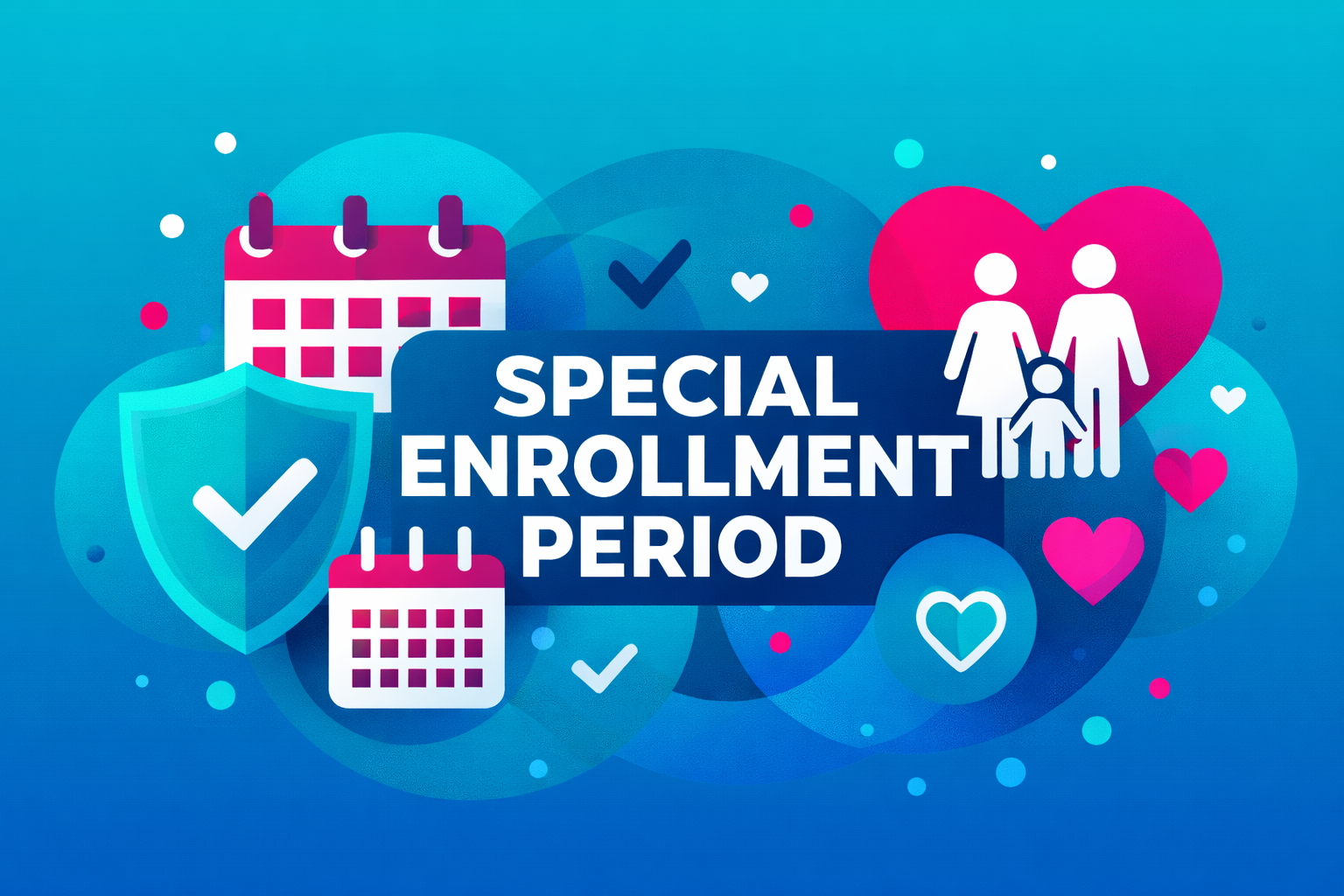The Centers for Medicare and Medicaid (CMS) introduced several important policy changes that have been finalized in the annual Notice of Benefit and Payment Parameters (NBPP) for Plan Year 2024 (PY24). Some of these changes impact the renewal process for plans offered through the Federally Facilitated Marketplace (FFM), State-Based Exchanges using the Federal Platform (SBE-FP), and/or State-Based Exchanges (SBEs). These modifications have potential implications for both insurers and consumers. Understanding these policy changes is essential to help ensure individuals maintain coverage in 2024.
Bronze to Silver
CMS introduced a significant policy change for the 2024 plan year regarding the automatic renewal hierarchy. This change, known as “bronze to silver,” specifically applies to bronze enrollments. Under this adjustment, individuals who are currently enrolled in a bronze plan can be moved to a silver plan if they meet certain criteria. By transitioning individuals from a bronze to a silver plan, they gain access to benefits of higher value, including cost-sharing reductions (CSRs). This means that consumers can enjoy the same or potentially lower monthly premiums while receiving better coverage.
For a consumer to switch from a bronze to a silver plan, the individual must meet all the qualifications below:
- Be within the same product type (HMO, PPO, EPO, etc.)
- Provide a lower or equivalent net premium than the bronze plan that the enrollee would have been cross walked to for the future year
- Have the most similar provider network as the bronze plan they would have been enrolled in for the future year
If the criteria to meet the bronze to silver switch is not met, the consumer will be renewed into their existing plan. The 2024 NBPP allows for SBE autonomy as it relates to implementing the “bronze to silver” renewal change. States that operate on the FFM, as well as states that operate as an SBE-FP should expect to see this change go live for the 2024 plan year.
Income Inconsistencies
Another meaningful change included in the 2024 NBPP will change the way exchanges handle information received from federal data sources. Specifically, the Centers for Medicare & Medicaid Services (CMS) has made changes to the process of validating an individual’s income through the Internal Revenue Service (IRS) when there is no data available. Instead of causing a data match inconsistency (DMI), the exchange will now determine the individual’s eligibility for Advanced Premium Tax Credits (APTCs) or Cost Sharing Reductions (CSRs)with the attested information provided in the individuals application.
In addition, CMS has extended the timeframe for submitting documentation related to income DMIs. Previously, when consumers received an income DMI, they had 90 days (about 3 months) to provide the necessary paperwork to verify their eligibility for APTC or CSR. Starting in the 2024 plan year, consumers will now have an additional 60 days (approximately 2 months), making the total timeframe 150 days (approximately 5 months). During this extended period, consumers may be considered conditionally eligible to enroll in a plan with APTC and/or CSR. This change allows consumers more time to submit documentation while keeping their coverage intact.
As we enter the 2024 plan year, it is crucial for all stakeholders to stay informed and adapt to these modifications. By doing so, we can ensure a smoother renewal process and provide a more transparent experience for consumers.






